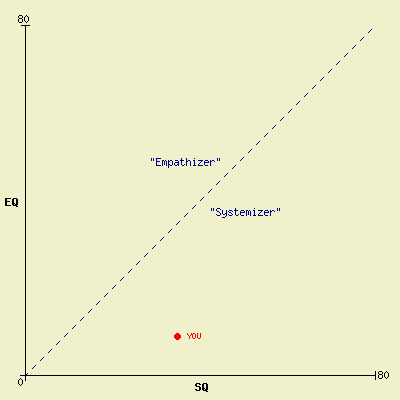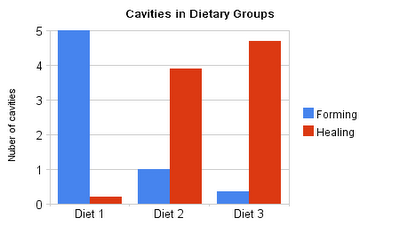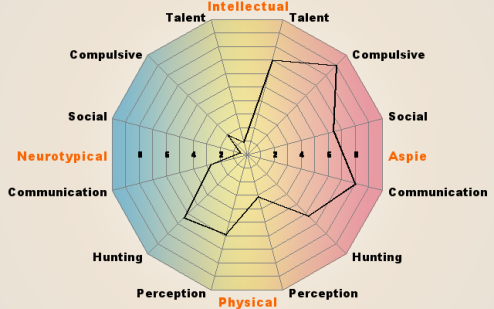I contacted Quackenbush about a comment he left on Amazon, viz:
The Bates Method has never stated that accommodation (focusing near and far) occurs by the cornea changing. Dr. Bates believed the external eye muscles produced accommodation. This is mostly wrong; but is irrelevant. The lens is the primary mechanism of accommodation. It is controlled by the ciliary (internal) eye muscle. If this muscles is not functioning normally, then accommodation will likely not occur. (There are some reports of lensless accommodation.) Who cares what the mechanism of accommodation is when people improve their eyesight naturally?
Because you know, in his book, he says definitely he agrees with Bates that it's the external muscles and not the lens, and that the purpose of the lens may well be something else besides accommodation. But what he replied was:
I do not agree with Bates. The primary mechanism of accommodation has
been reverified by modern instrumentation showing that it is definitely the lens.
In any case, on a practical level, it doesn't really matter to me or many others.
Improving vision naturally is the most important issue for most of my students.
Okay, fair enough, but this leaves so many questions. This is not something my brain can allow to slide!
Let's start at the beginning. Orthodox theory states that those with myopia (we will just concentrate on myopia for now) have eyeballs that are too long and the lens cannot cannot compensate for this and as the lengthening of the eyeball is permanent and genetic, it cannot be reversed naturally.
Bates spent two years trying to prove that this was correct, but failed. He found instead that the abnormal lengthening of the eyeball is caused by the external eye muscles pulling the eye into this longer shape, and that relaxation of the mind causes relaxation of these eye muscles, returning the eye to its normal, round shape.
See, now what I don't get is, if Bates's theory is wrong, and the orthodox theory is right, how on Earth does relaxation do anything at all? If the lengthening of the eyeball is genetic and irreversible, then no amount of relaxation should do anything to improve the sight. And yet it's been shown that it can and does.
So I'm stuck. I'm willing to accept that the orthodox theory is in fact the correct one after all, but only if someone can explain this discrepancy to me. Because right now, it doesn't make any sense.






